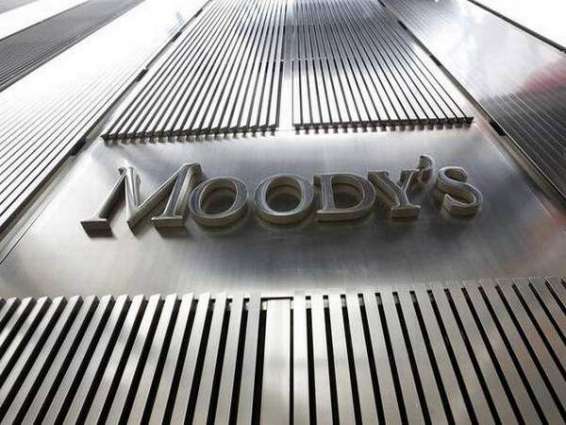Sovereign issues by the Middle East's most economically vibrant countries could be impacted by ongoing Iran-US tensions, Moody's Investors Service said in a research report on Monday
NEW YORK (Pakistan Point News / Sputnik - 07th January, 2020) Sovereign issues by the Middle East's most economically vibrant countries could be impacted by ongoing Iran-US tensions, Moody's Investors Service said in a research report on Monday.
"As a base case, we continue to assume that the United States and Iran will avoid outright military conflict. However, the risks have markedly increased in the past few days," Moody's said its Middle East Sovereign Sector report. "In particular, depending on its scope, the sovereigns and other issuers affected could include Iraq, issuers in the Gulf Cooperation Council (GCC), and potentially even the broader region including Lebanon."
The potentially affected sovereign states of the GCC have very different capacity for absorbing shocks -from extremely limited in Iraq and Lebanon to more significant for Kuwait, Qatar and the UAE, Moody's said.
But in the case of a prolonged and broad conflict the capacity of even the more resilient governments to support their related sovereign issues can become impaired, it said.
Moody's noted that in Iraq and across the GCC recycling hydrocarbon revenue was key to growth in the non-oil and gas sector.
For hydrocarbon producers itself an increase in oil prices could mitigate credit-negative implications so long as global demand for crude oil remained healthy and sovereigns in the region could continue with their exports.
Moody's said the credit implications of military conflict will also depend on duration, scope and severity of damage to the region's critical infrastructure, factors that could remain highly uncertain.
Should hydrocarbon production capacity be impaired significantly and durably, the main channels of credit transmission will be an immediate effect of the shock to exports and fiscal revenue, Moody's said.
As such, the service said, all issuers will be affected by shortfalls in oil and gas revenue with the degree of effect varying according to their credit profiles' sensitivity to hydrocarbons output and the size of their foreign exchange and fiscal reserves.
"A lasting conflict will have wide-ranging implications through broad economic and financial shock that significantly worsen operating and financing conditions. Damage to crucial infrastructure and the temporary disruption of trade will affect non-financial companies," said Moody's.
For instance, the United Arab Emirates (UAE), especially Dubai, will also be affected due to the importance of its logistics and tourism sectors, Moody's said.
It said in the Middle East, Oman appeared least exposed to potential disruptions in critical production and transportation infrastructure as it was geographically outside the Gulf and has maintained a neutral stance amid rising regional geopolitical tensions.
Still, Moody's said increased risk aversion will be negative for all issuers, in particular, those with large external financing needs and relatively smaller or insufficient reserves, including Oman and Bahrain.
Tensions in the Middle East have spiked in the aftermath of a US drone attack near Baghdad airport on Friday that killed Qassem Soleimani, the commander of Iran's Revolutionary Guards' Quds force. Iran and the United States have exchanged strike threats in recent days, with Tehran's Supreme Leader, Ayatollah Ali Khamenei, vowing "harsh revenge" while President Donald Trump says he has identified 52 targets in Iran, including sites of cultural prominence, in a counter attack that may be "disproportionate".
Oil prices rose above $70 per barrel on Monday, trading at near four-month highs, as crude traders reacted to the crisis in the Middle East.
Iran, Iraq and Libya, along with Saudi Arab, are among the largest oil producers in the Middle East, which accounts for 40 percent of the world's crude supply. Oil traders fear a breakout of war will seriously hamper movement of crude from the region to the rest of the world. Middle East crude supplies are already expected to be tighter this year than in 2018 due to sharper production cut pledges by the Organization of the Petroleum Exporting Countries and its top ally Russia under the so-called OPEC+ initiative.



